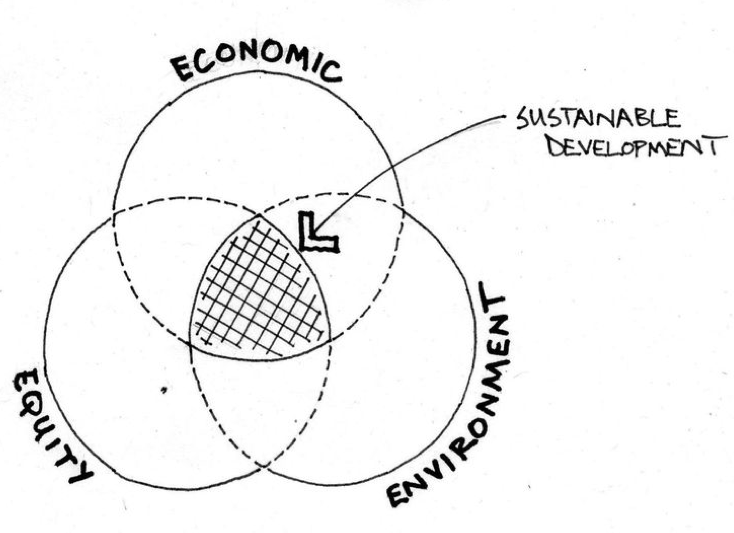SUSTAINABILITY: WHAT IT IS AND WHY OUR FUTURE DEPENDS ON IT
WHAT IS IT?
If you know me personally you’ve most likely heard me talk about my recent Degree in Environmental Sustainability. Or, if your awesome and have already stopped by Harvesting Roots, you’ve seen the term “sustainable” or “sustainability all over the place. However, it’s likely if you are not an Environmentalist, your left wondering, or have completely dismissed it as you glanced over the word. I on the other hand, have gotten used to the continuous perplexed faces that stare back at me when trying to explain what it is, and what exactly that I do. So let me explain.
In a nutshell, Sustainability, when broken down simply reads “sustain” and “ability”. To sustain, is the ability to keep going. More importantly the word Sustainability directly, or in-directly refers to the Environment. To the Natural world for which we live, breathe, and rely on in order to live comfortably. Everything we use and need in order to survive depends on the Natural Environment. This term then further describes the conditions necessary for both humans and nature to co-exist efficiently in balance of each other. Or to live in a way today, that will not affect our own, or others way of living tomorrow. To get a better idea, here are a few examples of definitions created by the United Nations Commission and the IUCN (International Union for Conservation of Nature) defining what Sustainability means.
Diagram courtesy of: Mario Vieria
“Sustainability is the ability to meet the needs of the present without compromising the ability of future generations to meet their own needs.”- United Nations World Commission
“Sustainability is the capacity to improve the quality of human life while living within the carrying capacity of the Earth’s supporting Eco-systems.” IUCN
That makes sense, right? So WHY DOES IT MATTER?
When the Industrial revolution began to take off (I know rolling eye face-stay with me here!) populations began to increase dramatically. This era marked a major shift and turning point for the Earth and Humans and their relationship together. It helped change every day living and lifestyles to better ones. Creating more prosperity, longevity, and social improvements. The use of fossil fuels allowed improvements for things like new infrastructure and technologies. Enabling the ability to create more, and quickly. From food to housing, clothing, and medicine.
According to different population growth reports and graphs, in a single century populations have increased by nearly 400%. (And no, your not reading that wrong.) That means in 100 years we have quadrupled populations. Today, there are over 6 billion people living in the world and that number is expected to reach heights of 8.5 billion by 2030.
Graph provided by: earthobservatory.nasa.gov
As populations continue to increase, so does our reliance on the Earth’s natural resources and fossil fuels. All of which are non-renewable. Meaning once their gone, their gone forever. This includes the use of water, coal, gas, minerals, animals, land, and other Eco-systems. We have relied tremendously on each of these different resources because of global production and consumption patterns, that many are now declining, endangered or even extinct. These scenarios are happening at extreme and unprecedented rates. Humans as a result have changed the necessary and sacred balance of nature that is required to ensure a productive and harmonious future. The less of these resources we have available, the more difficult it will be to live on this planet. This is also why theories behind Global warming and Climate change have been making their way to headlines over the last few years.
ARE WE TOTALLY SCREWED?
The answer is, not necessarily, but maybe. It is possible that as a human race we can change the way we interact with the environment and learn to care for and respect it better. In hopes of protecting the planet for future generations to come. By creating less waste and reducing our impacts on the planet and its resources. I also believe that it is possible to use business and technology to develop economic and environmental shifts. By using different “green” sectors such as organic farming, green building, solar power, or desalination operations that can create more jobs, while also protecting the environment. Communities can also re-think the way we live and co-exist together by forming Eco-villages or other sustainable communities.
The truth is, this is not just an individual issue but a global one. Every community, and country will have to work on re-designing their policies, sustainability efforts and missions in order to create effective systems and changes that will ensure a healthy and sustainable future.
Want to stay updated on the latest environmental trends or tips on living more sustainable? Sign up for my e-mail list!



